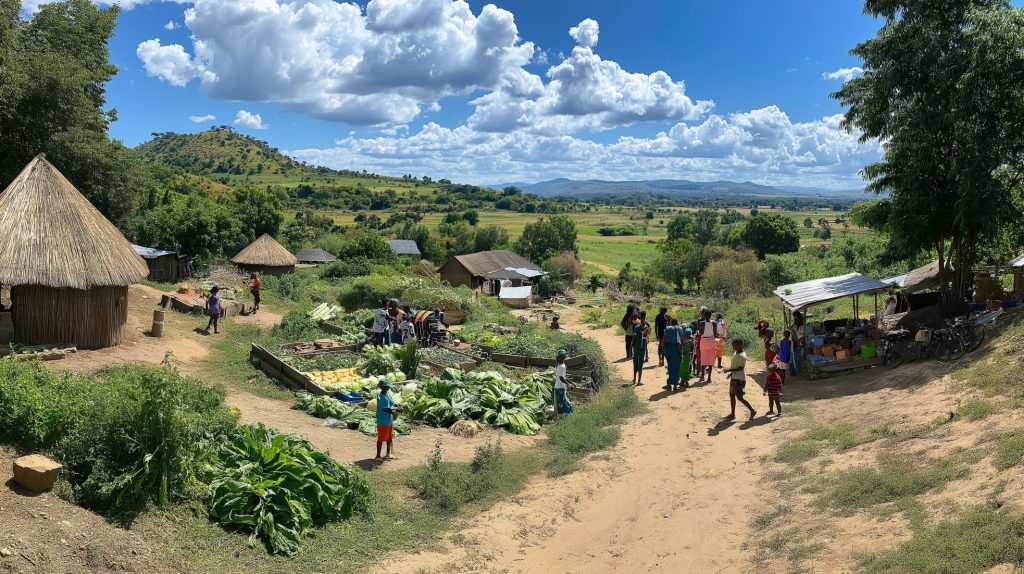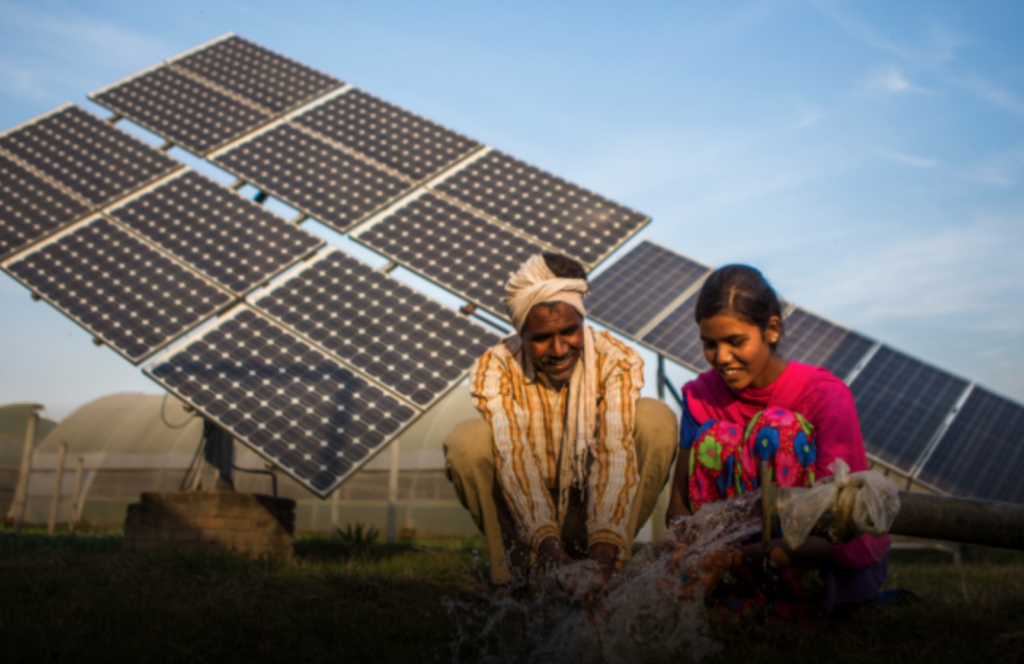

“if we don’t stay in shed during menstruation, the people at home will scold us”
Can AI help us solve menstruation prejudice?
For millions of women around the world, menstruation prejudice leads to dangerous traditions. In Nepal, the practice of Chhaupadi (the “cow-shed”) sees women being abolished into cow sheds or the forest during menstruation or child-birth under the perception that they are tainted or cursed.
Rural Senses partnered with Days for Girls (D4Gs) Nepal, to speak to girls and women in rural Nepal in the Kalikot region. The purpose of the conversation was to learn about the challenges women face due to prejudice around menstruation and in maintaining menstrual hygiene, and how the two are connected.
We analysed data from conversations with over 600 women and men.
We used community-led data collection, and AI-enhanced analysis to answer:
This work contributed directly to support the ongoing work on Days for Girls, but the findings can help other organisations to identify the most effective and data driven ways to improve the lives of women in these communities.
Case studies from some of our amazing customers who are building faster.


Transform Communities through Data